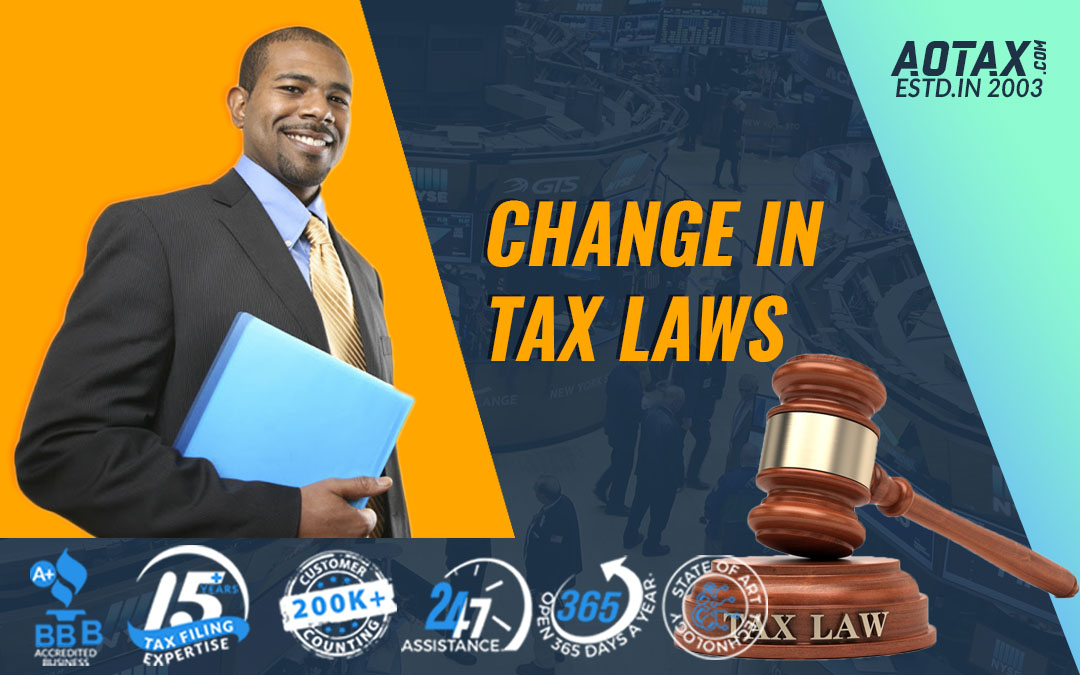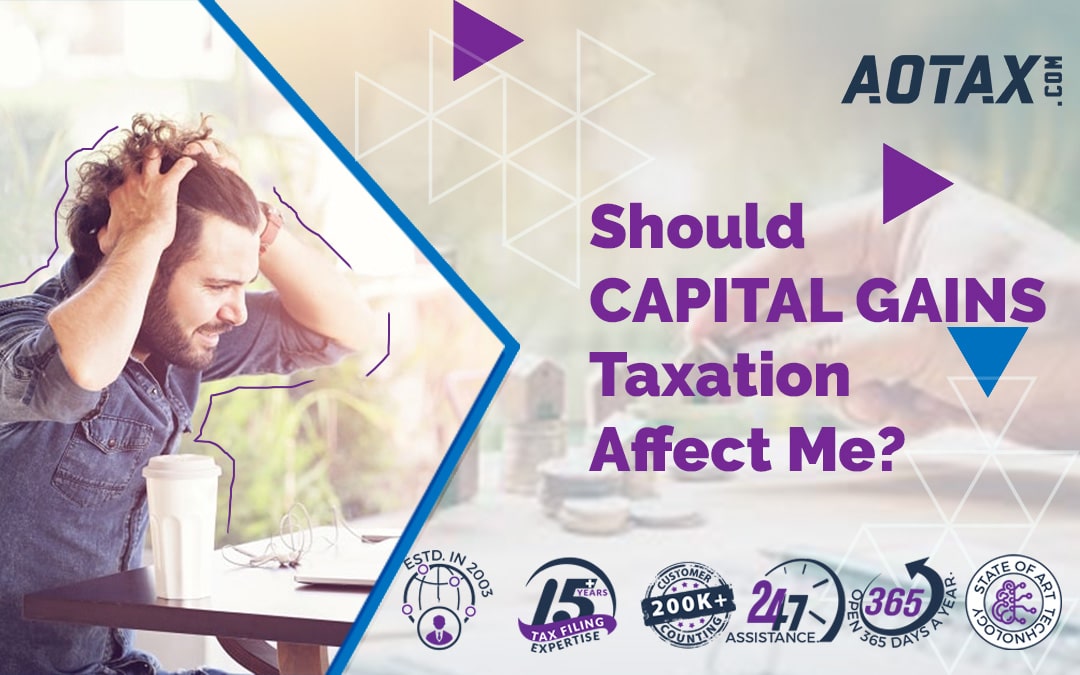
How can your credit card dues affect your taxation during a pandemic?
How can your credit card dues affect your taxation during a pandemic?
Do credit card dues affect your taxation during a pandemic? The impacts of the pandemic COVID-19 have been worsening the lives of the common people across the world. COVID-19 has affected around 7.7 lakhs people only in the US with around 41000 amongst them losing their lives. The growing impacts of this pandemic are also leading to financial hardships among the people of the US. With many businesses closing down and several people losing their livelihoods due to the COVID-19, the negative economic impact on the US is quite evident.
In such adverse circumstances, payment of credit card dues and payment of taxes tend to act as nightmares for the Americans.
a.Adverse health conditions
In current times when the number of Americans affected by COVID-19 is going on increasing, it has become imperative to consider health as a priority. If an individual starts showing up symptoms related to COVID-19, then there would numerous expenses incurred for the COVID-19 test and then the treatment if he result comes up as positive. In such a scenario where the health expenses would be shooting up, it would be nearly impossible for him to think about the payment of credit card dues and taxes.
b.Loss of job or income
This situation is quite self-explanatory. When a large part of the American population are losing their jobs or livelihood due to slowdown/closure of business in various sectors, they can’t think about taxes and the payment of their credit card dues.
So, to alleviate the financial stress on the common Americans there have been several initiatives taken by the Federal Government and different financial institutions in the country.
Relief on credit card dues

Relief on credit card dues
a.During these difficult times, many banks and credit card companies in the US are offering temporary relief and assistance to those customers who have huge credit card dues or are facing financial challenges
b.The Bank of America has taken the initiative to work on a “case-by-case” basis and allow its customers to stop making the credit card payments, mortgages, small business loans, and even auto loans. This relief would not be hurting the credit score of the customer but they will have to make the payments gradually.
c.The customer can contact the bank authorities personally and discuss his issues. Discussions can be made on matters related to the elimination of monthly maintenance fees, overdraft fees, late payment fees, waiver of interest charges, increase in the credit card limit, etc.
d.Similarly, many other banks American Express, Ally, Capital One, Wells Fargo, Citibank, etc. are also encouraging their customers to contact them for financial assistance. Various provisions like lowering of interest rates temporarily, removal of late payment fees, lowering of monthly payments, no charge for overdraft fees, deferral of payments, forbearance programs, fee waiver for monthly services, etc. can be availed by the customers who are facing financial hardships.
e.Financial institutions can also offer their customers with other options for financial assistance like a reference for a low-interest personal loan, 0% APR balance transfer credit card, suggestions for use of emergency funds, community assistance programs, etc.
Change in tax laws

Change in tax laws
a. The Federal Government has extended the deadline for federal income tax return filing and tax payment which was due on 15th April 2020 to 15th July 2020.
b. The State Governments in different States have also extended their tax deadlines with alignment to that of the Federal Government. Different states have also taken additional initiatives for reducing the stress of Americans due to State taxes.
c.The deadline for making the quarterly estimated tax payments for the first quarter and the second quarter which were due on 15th April 2020 and 15th June 2020 respectively have been extended to 15th July 2020.
d.Moreover, the deadline for making contributions to the IRA, HSA, and MSA has also been extended to 15th July 2020.
e.Under the CARES Act passed by the Federal Government, various provisions such as Stimulus payments paid leaves, Student debt relief, etc. would help in alleviating the stress of the Americans caused due to COVID-19. The Stimulus payments are the most important amongst these which ensures a one-time payment to be received by the Americans based on their 2019/2018 federal income tax returns and their Adjusted Gross Income (AGI).
Hence, the extension in tax dates by the IRS has given the common people sufficient time to make arrangements for the finances. At the same time, the relief made available on the credit card dues would allow the Americans to save some considerable amount of money and thus, make their payment of taxes according to the extended deadlines.
References
- https://edition.cnn.com/world/live-news/coronavirus-outbreak-03-19-20-intl-hnk/h_eee0559e63fc3a1579d39056801bb1bd
- https://www.cnet.com/personal-finance/heres-how-banks-and-credit-card-companies-are-helping-during-the-coronavirus-outbreak/
- https://www.cnbc.com/2020/03/26/coronavirus-giving-you-financial-anxiety-how-to-avoid-debt-during-pandemic.html





Recent Comments